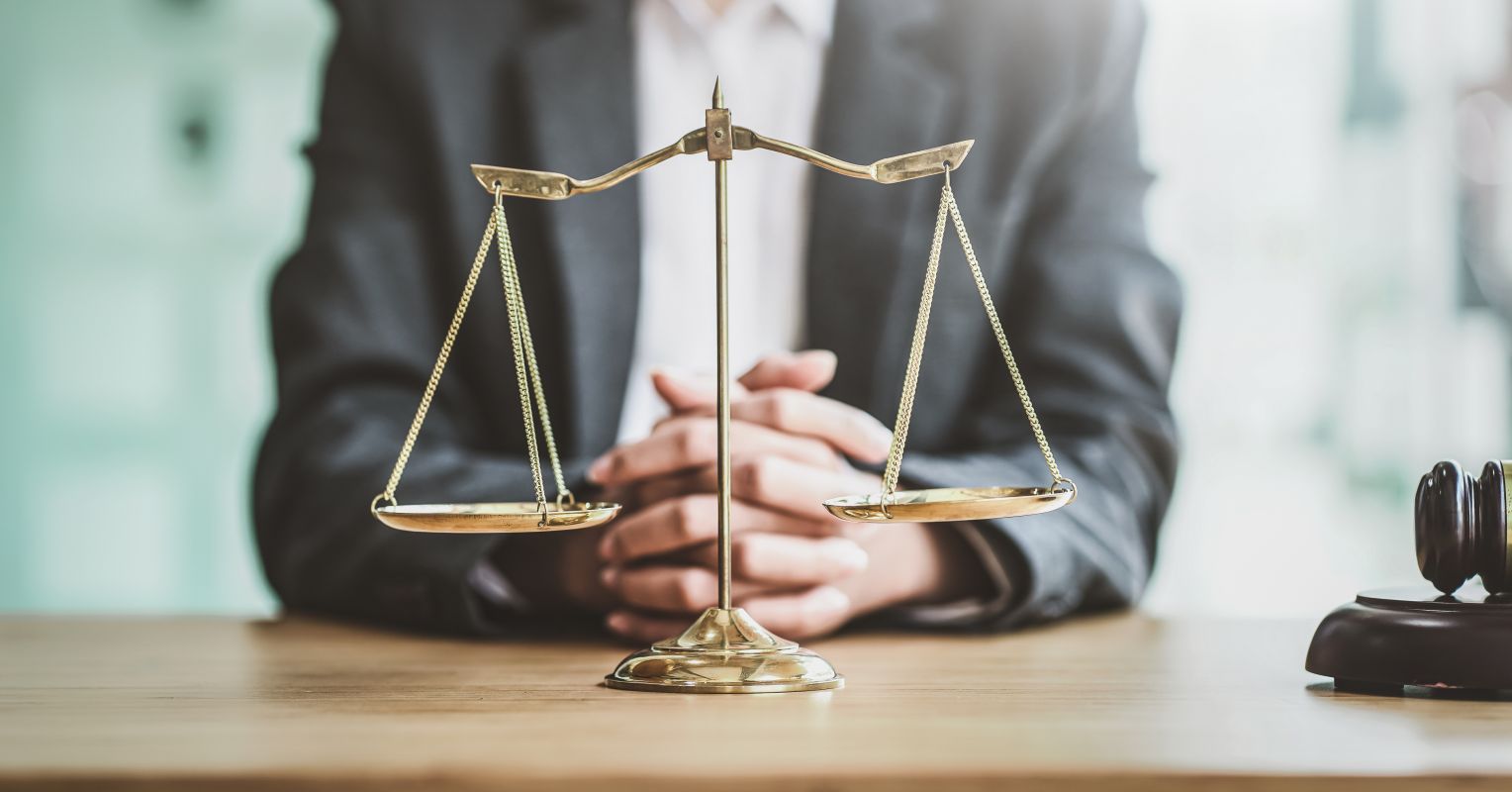A recent session titled "Sports Intolerance:Fostering Objectivity in Sports Media" has reignited the debate on impartiality within the sports journalism industry. The event, which convened a panel of veteran sportswriters, editors, and commentators, aimed to address the growing perception of bias and favoritism that plagues some sectors of sports media.
The panelists acknowledged the immense passion that sports evoke in fans and media personnel alike. However, they emphasized the importance of maintaining a clear distinction between enthusiasm and prejudice. They argued that succumbing to personal biases not only undermines the credibility of journalists but also alienates a significant portion of the audience who seek balanced and objective reporting.
One of the panelists, a sports editor at a renowned publication, highlighted the influence of social media on contemporary sports journalism. The constant pressure to generate clicks and engagement, he argued, incentivizes the creation of sensationalized content that prioritizes strong opinions over factual reporting. This, in turn, fosters a culture of "us vs. them" among rival fan bases and hinders constructive discourse.
Another panelist, a veteran sports commentator, underscored the ethical responsibility of sports media professionals to present a comprehensive picture, acknowledging the strengths and weaknesses of all teams and athletes. She cautioned against the use of inflammatory language and urged journalists to rely on data and statistics to support their claims.
The session also explored the potential for unconscious bias to creep into sports reporting. Panelists discussed the importance of self-awareness and critical self-reflection for journalists. They suggested techniques for identifying and mitigating the influence of personal biases in their work.
The issue of team ownership by media conglomerates also came under scrutiny. Panelists expressed concerns that such ownership structures could lead to conflicts of interest, potentially influencing editorial decisions and swaying reporting in favor of the affiliated teams.
The session concluded with a call for a collective effort to promote objectivity within sports media. Panelists proposed fostering a culture of mentorship within newsrooms, where senior journalists can guide younger reporters on the principles of ethical and impartial reporting. They also emphasized the need for continuous education and training programs to equip journalists with the tools and techniques necessary to identify and mitigate biases.
The discourse surrounding impartiality in sports media is likely to continue. However, the recent session has served as a valuable forum for industry professionals to acknowledge the challenges and brainstorm solutions. By prioritizing journalistic ethics and objectivity, sports media can regain the trust of audiences and ensure that fans are receiving accurate and balanced reporting.

